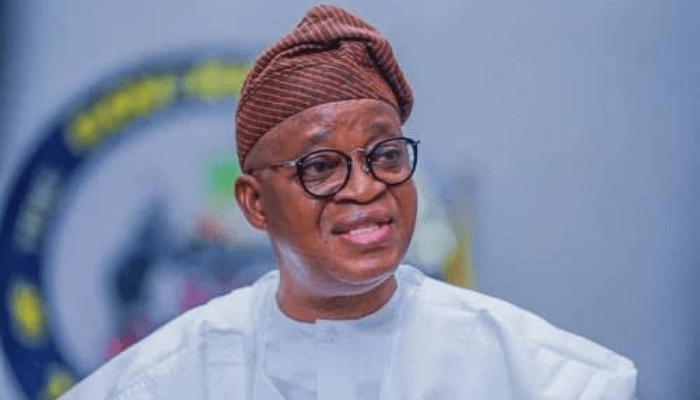TENSIONS flared at the National Assembly on Tuesday as the House of Representatives Ad-hoc Committee investigating the Baro Inland Port project summoned top officials from the Federal Ministry of Marine and Blue Economy to explain why the multi-billion-naira facility, commissioned in 2019, remains idle.
News Point Nigeria reports that at the centre of the probe is the continued dormancy of the Baro Port in Niger State, despite reported investments exceeding ₦5 billion. Lawmakers described the project as “a potential scandal,” demanding full disclosure of contract details, disbursements, and proof of value delivered.
“Let’s stop playing games,” said committee chairman Saidu Abdullahi, visibly frustrated. “Somebody must take responsibility.”
The committee summoned Minister Adegboyega Oyetola and the Managing Director of the National Inland Waterways Authority (NIWA), Bola Oyebamiji, over what it called a long-running failure of transparency and performance.
In a statement issued after the session, the ministry flatly denied reports that new contracts were awarded for the Baro Port project since Minister Oyetola assumed office.
“Any such assertions in the media are inaccurate and should be treated as misinformation,” said Bolaji Akinola, media aide to the minister.
The statement underscored the administration’s commitment to transparency and stated that the project was inherited from previous administrations. However, it failed to provide updated timelines, budgets, or a recovery plan to make the port functional.
The committee has now requested: All original contract agreements and scope of work, payment records for contractors, evidence of port activity since commissioning and maps showing cargo routes and supporting infrastructure
Despite being launched with great fanfare in 2019, the Baro Port has not seen any commercial use, raising concerns of another white elephant project in Nigeria’s transportation sector.
NIWA officials, meanwhile, attributed the port’s inactivity to a combination of factors: Poor road access, silted waterways that make navigation difficult and vandalised rail links, cutting off land connections.
The agency claims efforts are underway to restore access, but lawmakers remain unconvinced.
“This project was supposed to relieve pressure on Apapa and other coastal ports,” said one committee member. “Instead, we have a monument to waste.”
Oyetola and NIWA’s Bola Oyebamiji are expected to appear before the committee in person in the coming days.
Committee members say they will not accept verbal explanations or vague assurances, and they are determined to see documented proof that the Baro Port ever functioned or offered return on public investment.
“We’re not just going to gloss over this,” Chairman Abdullahi said. “Nigerians deserve to know what happened to their money.”
The Baro Inland Port was part of Nigeria’s broader push to decongest coastal ports and promote inland water transport as a viable logistics solution for the northern region. But six years after its commissioning, its failure to operate has left citizens and lawmakers alike demanding answers.







